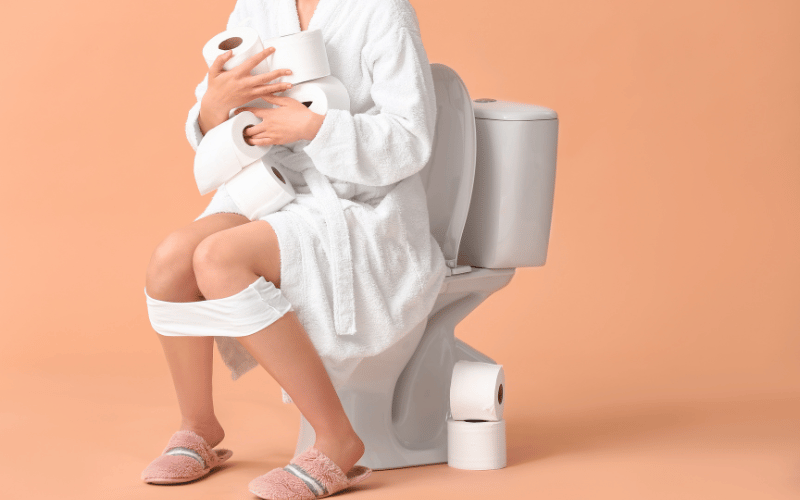11. Bladder and Bowel Dysfunction: The Unspoken Challenges of RRMS

Bladder and bowel dysfunctions, though not often discussed, are prevalent concerns in RRMS. It’s not merely about the occasional urgency or constipation; it’s about a significant alteration in one’s ability to control essential bodily functions.
Bladder issues can range from frequent urges to visit the restroom, inability to hold urine, or on the other extreme, difficulties in emptying the bladder. These arise from the disrupted nerve signals regulating bladder function. Bowel dysfunction, on the other hand, can manifest as constipation or, less commonly, loss of bowel control.
These symptoms, beyond the physical discomfort, can have profound psychological impacts. The unpredictability of bladder and bowel issues can lead to anxiety, often limiting individuals from social interactions or venturing too far from a restroom.
Interventions focus on restoring as much normalcy as possible. Dietary changes, pelvic floor exercises, and medications can help manage these symptoms.
In more severe cases, catheterization or other medical interventions might be necessary. Ultimately, the goal is to ensure that individuals can lead a life unburdened by the constant worry of bladder or bowel accidents. (11)